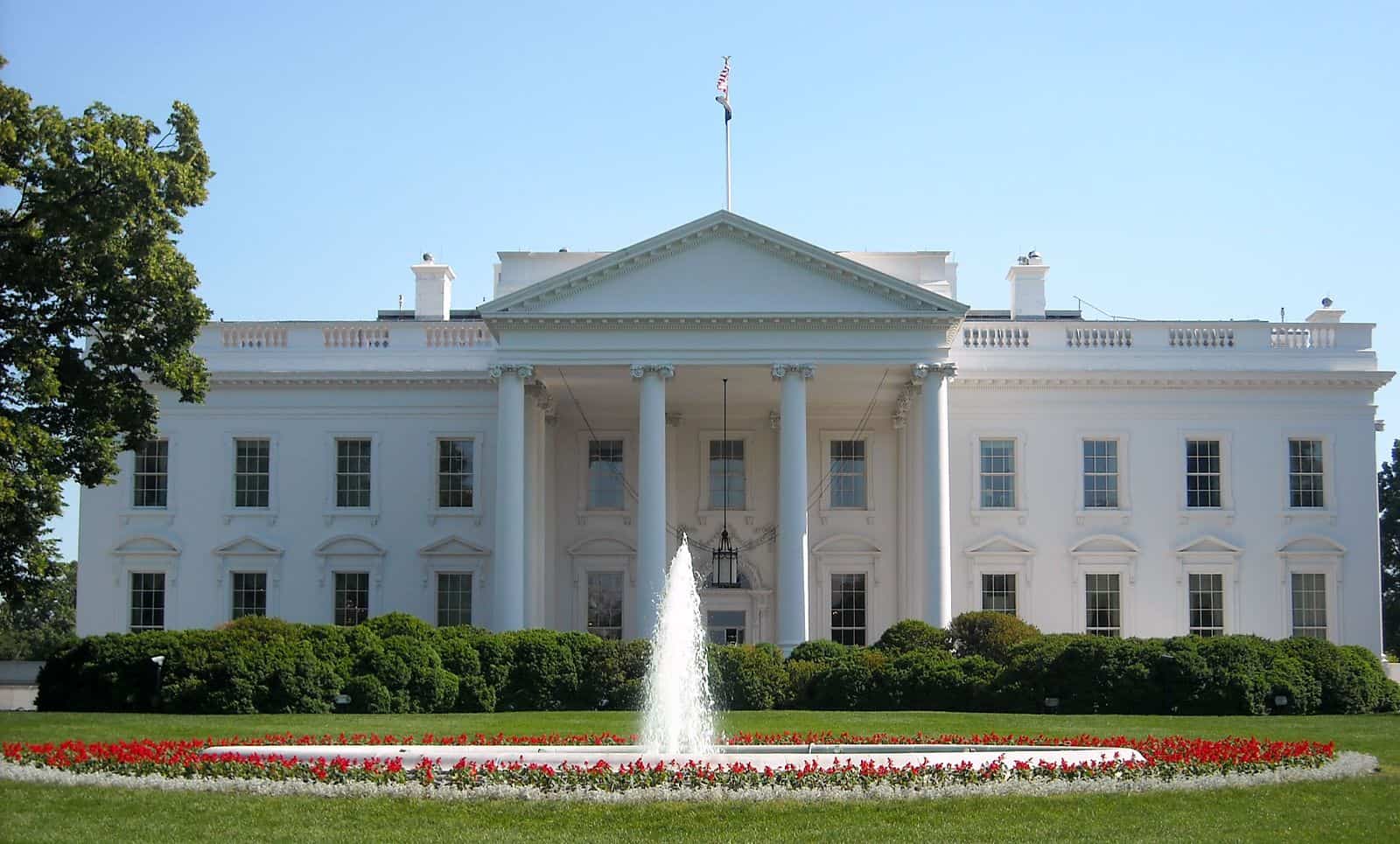
Otto Barenberg is a student at Harvard Law School and the Digital Director of OnLabor.
In today’s news and commentary, Trump scraps the $15 minimum wage for federal contractors and redirects federal investments away from union-friendly employers; Utah workers launch a campaign to overturn the state’s ban on public sector unions.
Late Friday evening, the Trump Administration rescinded three Biden-era executive orders: EO 14026, which guaranteed a $15 minimum wage to federal contractors; EO 14126, the “Good Jobs” order, which boosted union-friendly employers in agencies’ procurement and contracting decisions; and EO 14119, which prioritized contracts with registered participants in apprenticeship programs.
The wage order had applied to millions of workers and, through a Department of Labor implementing rule, had tied wage increases to inflation. As of Friday, the minimum wage for federal contractors was $17.75. The order had largely withstood legal challenges, upheld by the U.S. Courts of Appeals for the Fifth and Tenth Circuits, but nixed by the Ninth. In January, the Supreme Court declined to hear an appeal on whether the order exceeded Biden’s authority.
The “Good Jobs” order had given a leg up to federal contract and grant applicants that voluntarily recognized unions, had project labor agreements, or had signed union neutrality agreements. The order also gave a boost to employers offering child care, paid leave, job training, and registered apprenticeships. EO 14119 had similarly prioritized apprenticeship program participants.
Trump’s revocation of the executive orders “is nothing more than an anti-worker measure to take money out of working peoples’ pockets, undermine their voice on the job and punish anyone who tries to speak out about unfair, unsafe working conditions,” AFSCME President Lee Saunders said in a statement. “It’s also a slap in the face and promise broken to workers who are depending on this administration to lower rising costs, raise wages and make it easier for them to make ends meet.”
In response to a Utah law signed last month prohibiting public sector collective bargaining, a coalition of workers and unions has launched an all-out campaign to repeal the law through a ballot referendum. The Protect Utah Workers coalition — which includes representatives from AFSCME, AFT, Teamsters, the Utah AFL-CIO, as well as local the Utah School Employees Association, Public Employees Association, and Education Association — must collect 140,748 signatures by mid-April, 8% of the state’s registered voters, to put the referendum on the 2026 ballot. “It’s all-hands-on-deck. It’s crazy, but it’s worth it,” Utah Education Association spokesperson Hailey Higgins told the Salt Lake City Tribune. Already, 1500 individuals have signed up to help gather signatures. “It just shows the public opposition to [the bill] and the public support for overturning it.”






Daily News & Commentary
Start your day with our roundup of the latest labor developments. See all
February 24
In today’s news and commentary, the NLRB uses the Obama-era Browning-Ferris standard, a fired National Park ranger sues the Department of Interior and the National Park Service, the NLRB closes out Amazon’s labor dispute on Staten Island, and OIRA signals changes to the Biden-era independent contractor rule. The NLRB ruled that Browning-Ferris Industries jointly employed […]
February 23
In today’s news and commentary, the Trump administration proposes a rule limiting employment authorization for asylum seekers and Matt Bruenig introduces a new LLM tool analyzing employer rules under Stericycle. Law360 reports that the Trump administration proposed a rule on Friday that would change the employment authorization process for asylum seekers. Under the proposed rule, […]
February 22
A petition for certiorari in Bivens v. Zep, New York nurses end their historic six-week-strike, and Professor Block argues for just cause protections in New York City.
February 20
An analysis of the Board's decisions since regaining a quorum; 5th Circuit dissent criticizes Wright Line, Thryv.
February 19
Union membership increases slightly; Washington farmworker bill fails to make it out of committee; and unions in Argentina are on strike protesting President Milei’s labor reform bill.
February 18
A ruling against forced labor in CO prisons; business coalition lacks standing to challenge captive audience ban; labor unions to participate in rent strike in MN